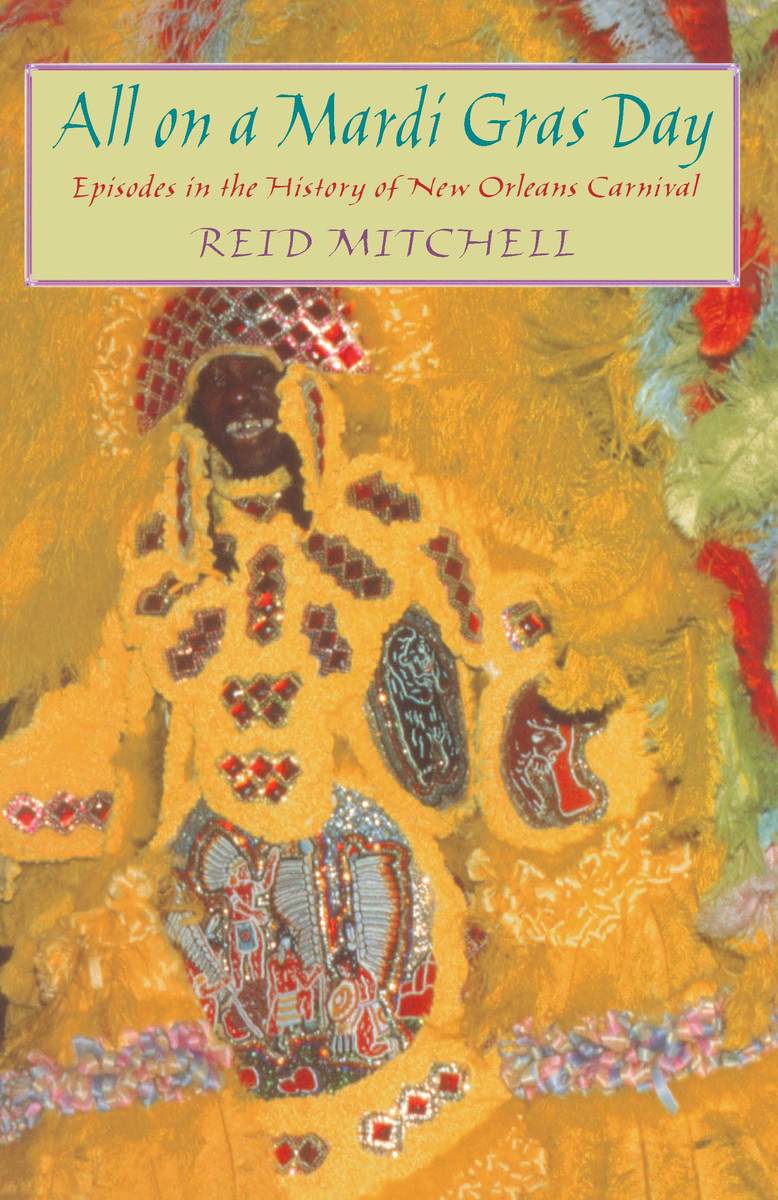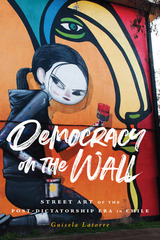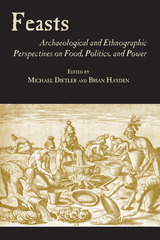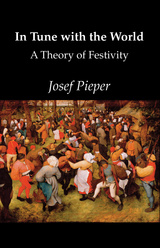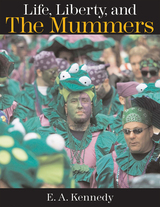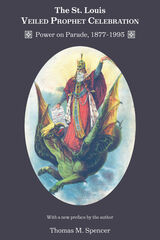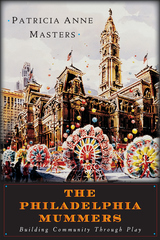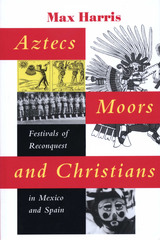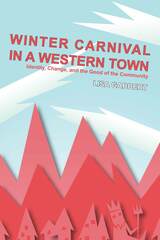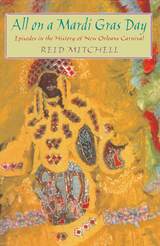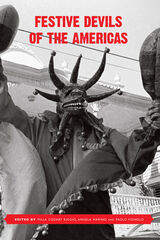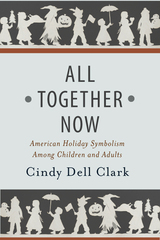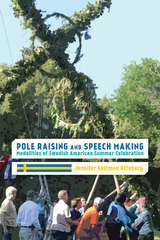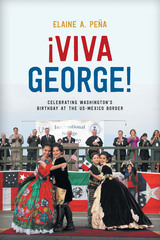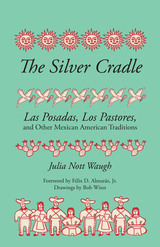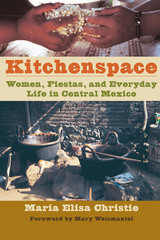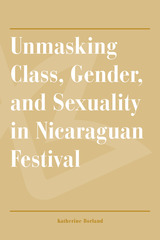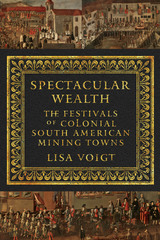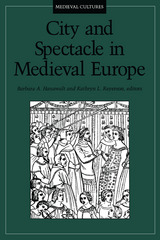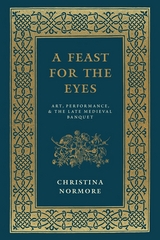Mitchell's writing is direct and accessible. He is not a Carnival romantic, but his passion for his subject is clear. As he acknowledges in his introduction, 'much of the history that follows is painful. There has been a lot of thoughtless celebration written down and called New Orleans history, and it has done nobody any good.'
-- New Orleans Times-Picayune
A study of 200 years of carnival history in one particular locality, such as Mitchell's, is an opportunity for close inspection of the dialectics between carnival and context, as well as an exploration of more general significances of carnival which can be apprehended only over the longue duree
Of particular interest are the descriptions of developments and transformations which were introduced into the Mardi Gras celebrations during the post-Civil War period-an era of emancipation, confederate defeat, political empowerment of blacks, and economic distress
The last chapters of the book deal with more recent shifts in the carnival celebrations and significances, especially as shaped through ongoing transformations in the status of women and blacks. A long-time arena for a display of male dominance and men's appropriation of women's youth and sexuality, the New Orleans carnival came to provide, in the 1920s, a stage for women's independent sexuality, and an opportunity to [parody] a man's world
Mitchell's book is rich in details and insights. It creates both an intimate acquaintance with New Orleans, as well as a sense of the intricacies of economic and political processes, and the complexities of their symbolic articulation
The book is thus (happily) played by its subject matter. Rather than just a book about carnival, the author also creates a carnival specimen. However, this blurring of genres, this "live performance" of the text, turns the book into a convincing and artistic demonstration of that which is left unexplained.
-- Yoram S. Carmeli Cultural Dynamics
Tracing over 150 years of Mardi Gras celebrations, Reid Mitchell illuminates successive attempts to redefine the city and the urban public in New Orleans...Mitchell has given us an intriguing social history of the city, imaginatively using newspaper accounts and memoirs to uncover who was mixing with whom and when...This book is fun to read, and Mitchell makes superb use of written sources to bring his episodes alive for the reader
-- American Historical Review
All on a Mardi Gras Day is a fine piece of scholarship, and Mitchell makes a compelling argument that the history of New Orleans can be tellingly glimpsed through a study of its celebrated holiday.
-- Fredrick Barton Journal of American History
In this fascinating and perceptive study of the rituals and meanings of New Orleans' most famous 'civic ritual'--Mardi Gras--Reid Mitchell stresses the themes of continuity and change which have reflected consensus and conflict within the Crescent City's polyglot community from the 1850s to the present...This is social history at its best...engaging, innovative and instructive.
-- John White American Studies in Europe
This native is certainly thoroughgoing. Mitchell examines the major parading 'krewes' in detail. He traces the evolution of carnival from a strictly Creole cultural phenomenon at the time of the Louisiana Purchase to its acceptance and cooptation by a new Anglo elite to its status today as a megadollar tourist attraction. Recommended for academic folklore and urban anthropology collections
-- Scott H. Silverman Library Journal
A blending of history, sociology, anthropology, folklore, and personal opinion, this work gives a fresh interpretation to many traditions of Mardi Gras in New Orleans. Familiar with the holiday since his childhood in the Crescent City, Mitchell offers some new explanations of the motivations behind white upper-class carnival balls and parades, and of the cultural roots of the black contribution to Mardi Gras...The book is well illustrated and complemented with a brief bibliographical essay and footnotes.
-- J. Jackson Choice
[This book] gives an authentic feel for the incredibly complex social structure of a city where change, both for good and for ill, comes slowly and seldom for its own sake. This isn't a book about touristy New Orleans; it's one about how the balls and parades held on the last day before Lend reveal different cultures jostling for a place in the sun.
-- Douglas Featherling New Brunswick Reader (Canada)
The author is from New Orleans...and places himself within the narrative...This is an excellent illustration of the new type of social history as narrative that fuses sociological and historical motifs. It contributes to this school of historical writing by presenting its stories with clarity and freshness.
-- Joseph Boskin, Boston University
